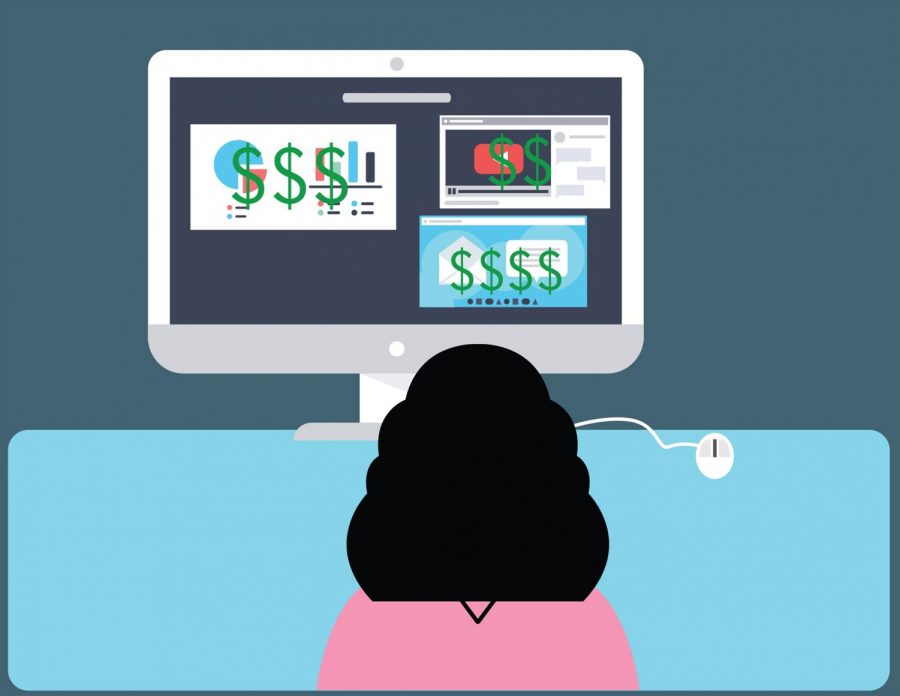If net neutrality ends, everyone will be affected
FCC’s decision would allow corporations to control what people can access online
The end of net neutrality would mean that internet service providers can limit access to certain websites or content online. For many students and researchers, this means their work could be restricted.
November 30, 2017
The internet is omnipresent in modern life, and an important tool with which we can learn, share and discover new information. If the FCC votes to end net neutrality on Dec. 14, it wouldn’t just be individual freedoms that we would lose. The potential restrictions on internet use would hurt academic researchers and innovators, including many people at WSU.
Experts in their fields, such as Aaron Crandall, a WSU computer science associate professor, depend on the internet to study, share information and develop new technology. If net neutrality were to disappear, it would pose a major roadblock to academics and allow large corporations to dictate what students, staff and faculty do online.
“From a computer science and development perspective, losing [net neutrality] would eventually prove to be a huge burden on our ability to innovate and test new technologies that aren’t approved by the major network providers,” Crandall stated.
Net neutrality, in the simplest terms, is the idea that Internet Service Providers, the companies and organizations who offer internet service to consumers, must treat all online data equally and not charge different prices for different content or services.
For example, ISPs could bundle different web services, such as internet speed, peak usage or specific website addresses for different prices. Everyday internet users would have to pay premiums to access certain websites, or find themselves unable to share information with other users.
Even the quality of service that we receive would be dependent on what the ISPs would be willing to provide. From an academic context, the ISPs could restrict or control different projects based on their own corporate interests.
“Our society and economy are centered around having a free and open internet to exchange data with anyone we want without oversight by corporations,” Crandall stated. “Losing [net neutrality] means being beholden to their interests instead of ours.”
When the internet was formed, the computer scientists, engineers and developers who made online access a possibility assumed that net neutrality was a given and never believed that corporations would compromise the free flow of information, according to Crandall. Many of the developments that have happened and allowed the internet to grow to what it is now have been contingent on net neutrality. A free internet has been the standard for academics since the world first connected online.
“The free and wild west kind of feel of the internet has drawn so many people and opened so many doors that we have gotten used to having this incredibly powerful tool available at any time for any project,” Crandall stated.
The internet is an integral part of our society and the way we communicate with each other. People in every field and industry would be hurt if companies were allowed to restrict our ability to use all the features and services it offers. Academics would suffer especially if their research came into conflict with what ISPs supported or approved of.
Researchers at institutions like WSU are developing cutting-edge technologies and leading the way in many different fields. Much of their ability to conduct and share research is based on the free flow of information that is allowed by a neutral internet.
We should not be willing to give up our ability to share and learn so a few large firms can make more profits and suit the flow of information and data to their own interests.





















